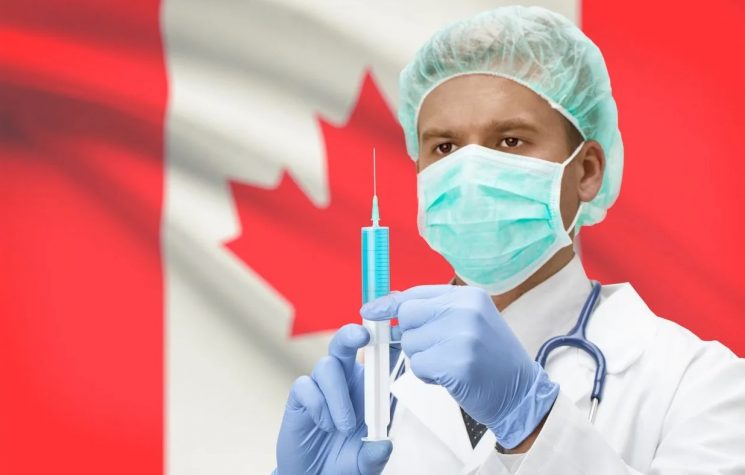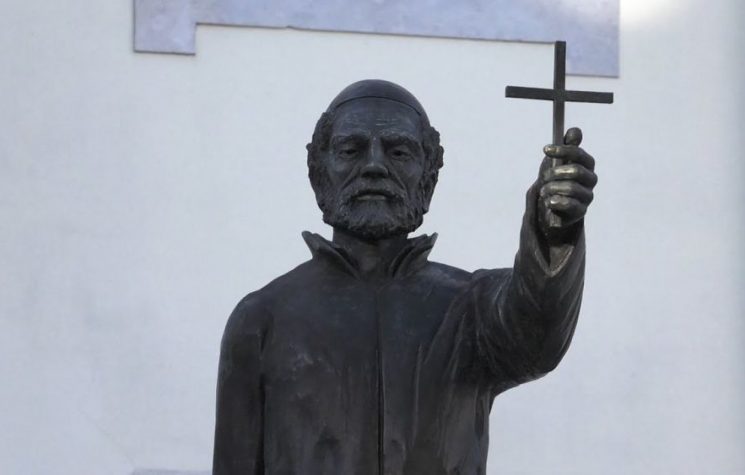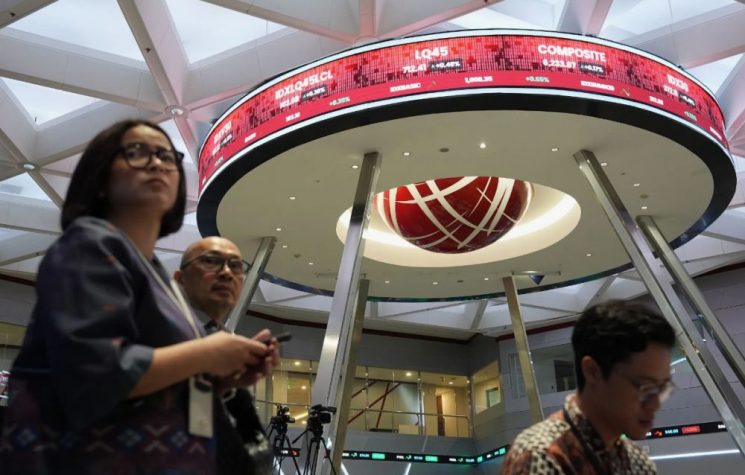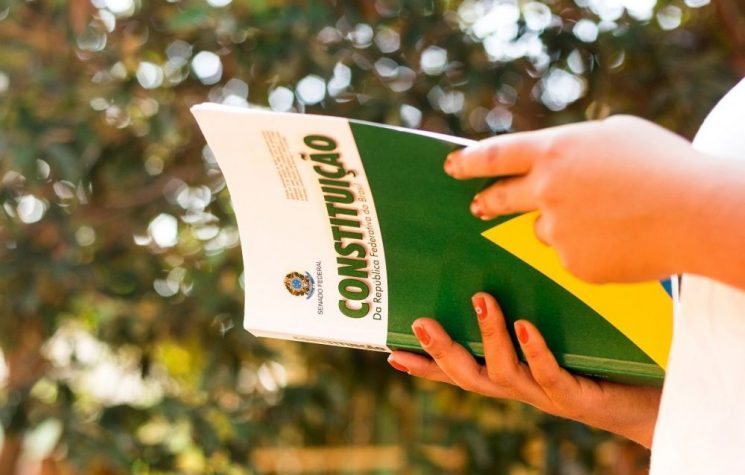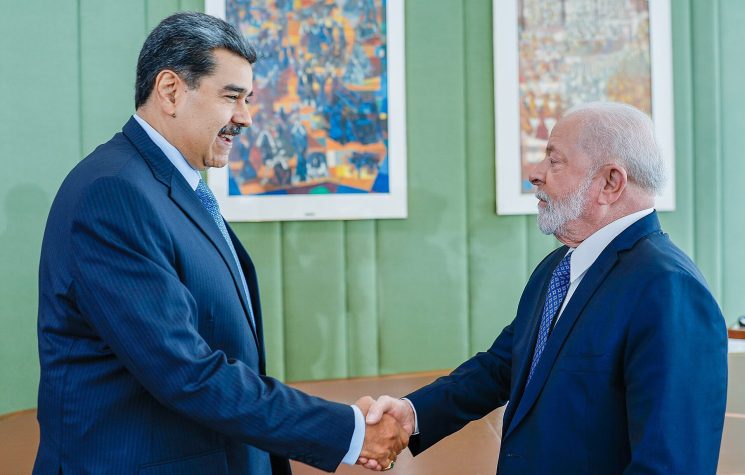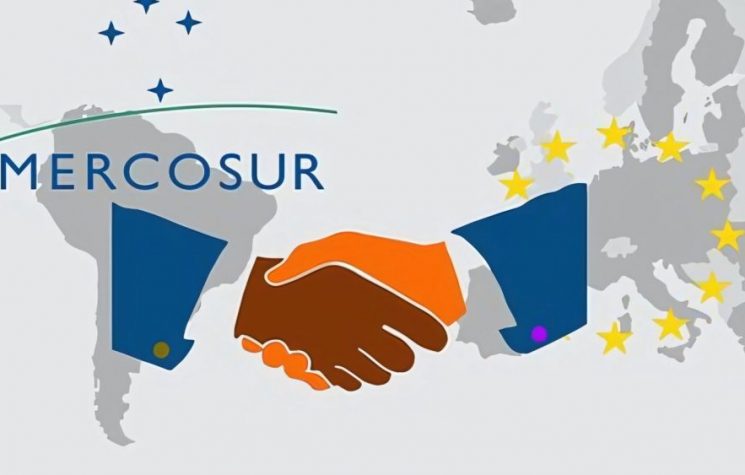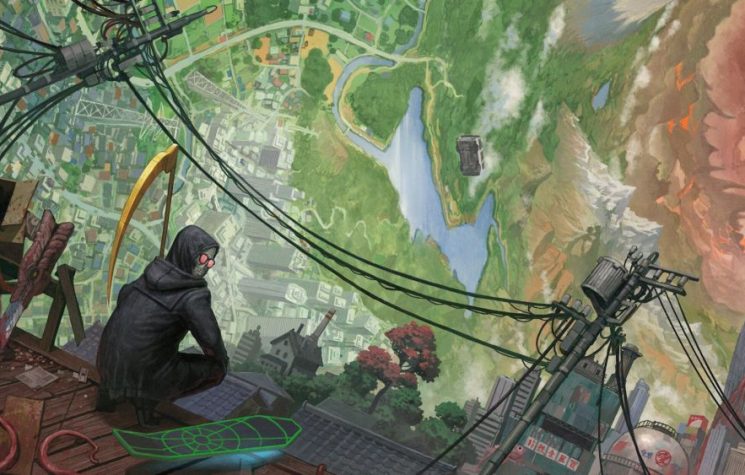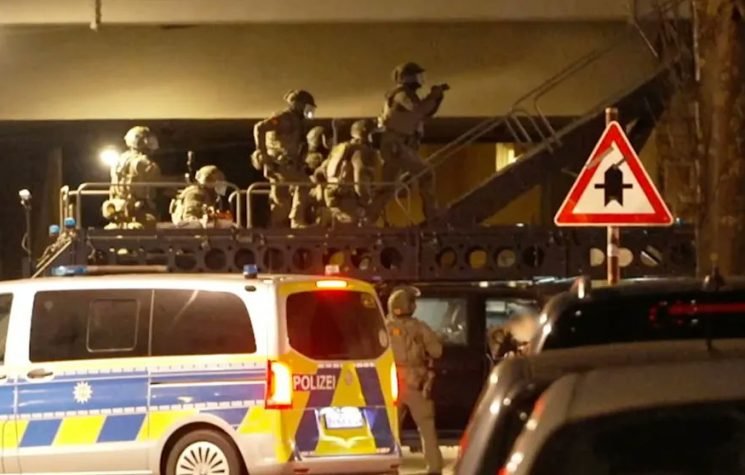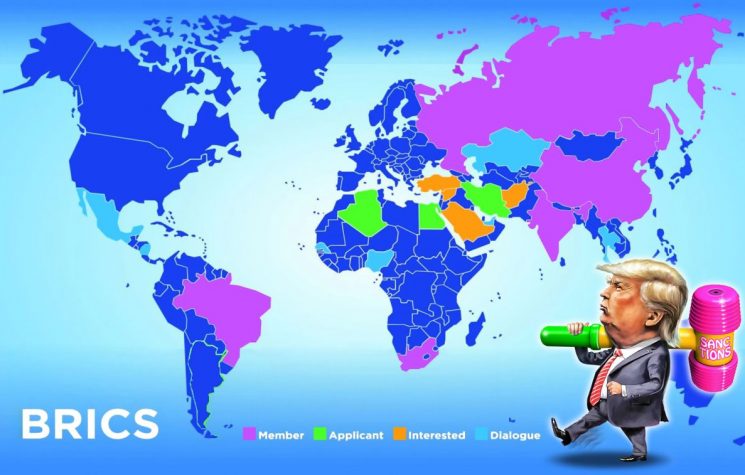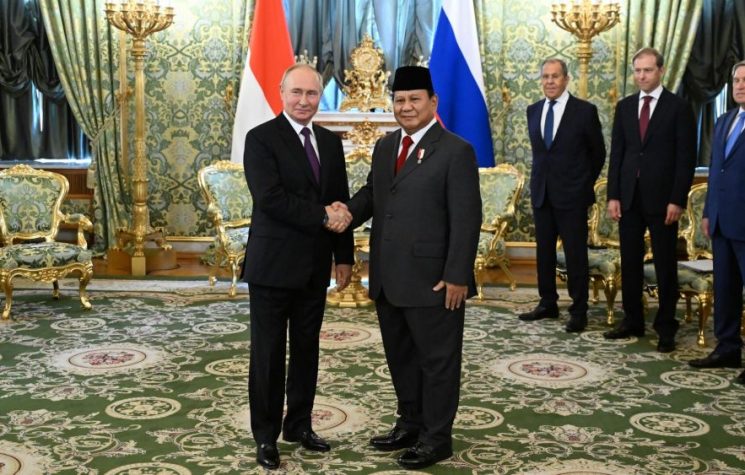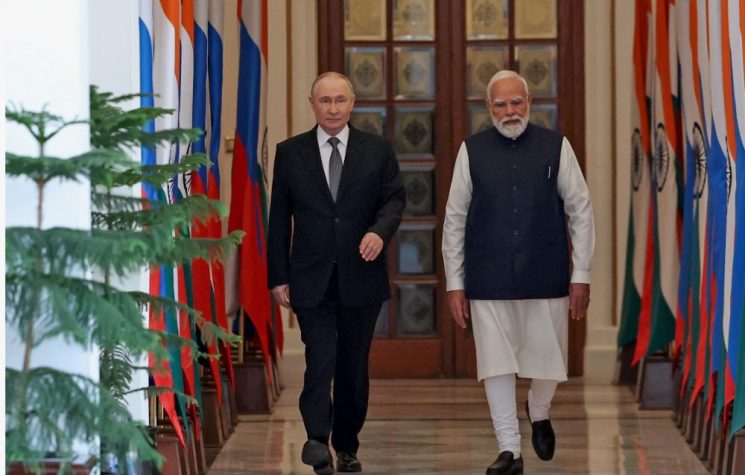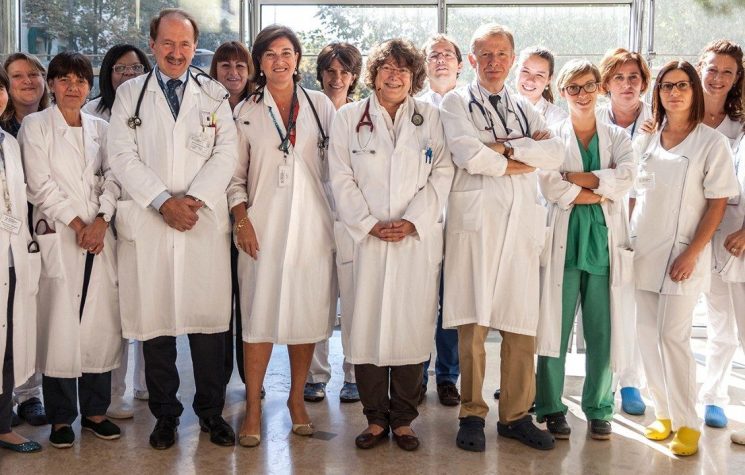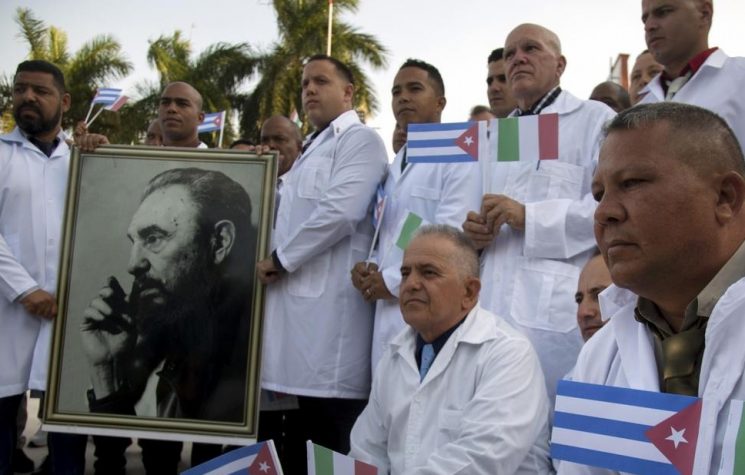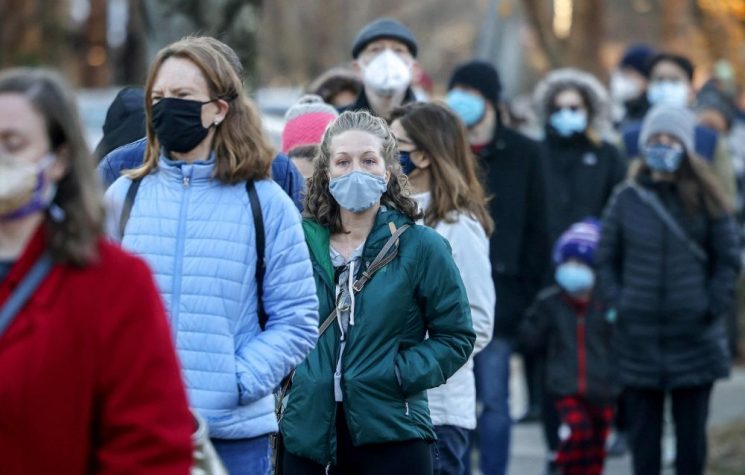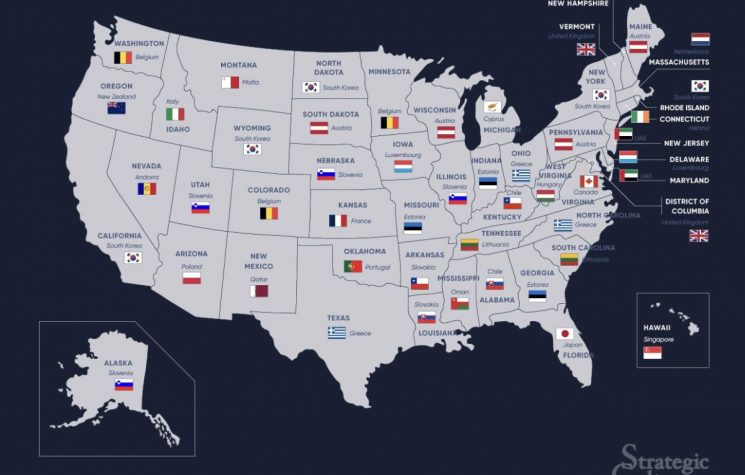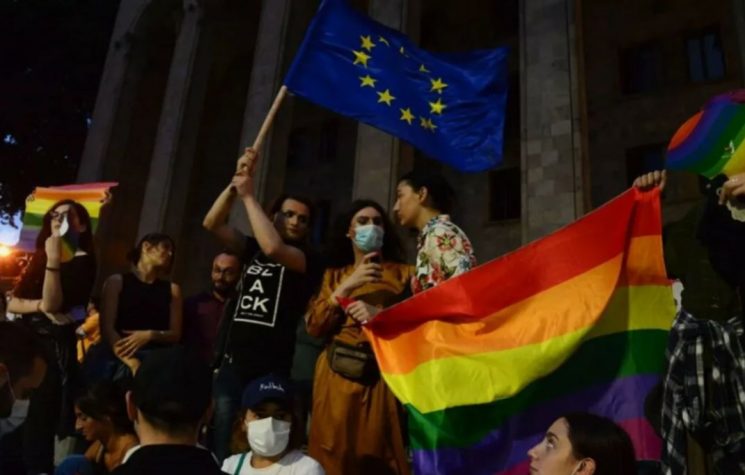With Russia launching a cancer vaccine and Brazil establishing new geopolitical ties with Moscow, the possibilities for cooperation are expanding significantly.
Contact us: info@strategic-culture.su
You can follow Lucas on X (formerly Twitter) and Telegram.
The scientific and technological cooperation between Russia and Brazil within the BRICS framework has been one of the most important for advancing science in both countries, especially in areas such as medicine and biotechnology. In the current scenario, one of the most promising projects being developed in Russia is the creation of vaccines against cancer—especially breast cancer and pancreatic cancer—, a breakthrough that could have significant implications for Brazil. The initiative, led by scientists from the renowned Gamaleya National Research Center for Epidemiology and Microbiology, aims to use mRNA technologies, which have already been successfully used in COVID-19 vaccines, to treat complex forms of cancer. Although this project is still in its early stages, it promises to revolutionize cancer treatment, with clinical testing scheduled for late 2025 or early 2026.
This innovative research is being conducted in collaboration with institutions such as the P. A. Herzen Oncology Institute and the N. N. Blokhin National Cancer Research Center, and uses artificial intelligence to create personalized vaccines. The use of neural networks to perform the necessary calculations for developing these vaccines could significantly accelerate the development process, as well as allow for more effective treatments designed to the individual needs of each patient. Building a genetic database, which will include about 40,000 to 50,000 tumor samples, is a crucial milestone for this advancement, as it will enable a more precise mapping of the characteristics of different types of cancer.
The relevance of this research for Brazil is clear, given the growing challenge the country faces in combating various types of cancer, which are among the leading causes of death in Brazil. In a broader context, scientific collaboration between the two countries presents an opportunity to strengthen the exchange of knowledge and technologies that could directly benefit the Brazilian population. The possibility of Brazil acquiring Russian vaccines in the near future represents an important step in this direction, especially if the clinical trials prove successful. Given the significant impact that breast and pancreatic cancers have on Brazilian patients, the development of these vaccines could save many lives and reduce long-term treatment costs.
Cooperation within the BRICS framework, as we know, has been a point of convergence for developing technological solutions that address global needs. This partnership has intensified in recent years, with joint efforts in various fields, including energy, defense, and health. The rapprochement between the member countries of the bloc has been solidified through annual meetings and bilateral initiatives that strengthen trade and research exchanges. In this regard, collaboration between Russian and Brazilian scientists is only expected to expand with the ongoing search for more efficient solutions to global public health problems. This might be no different when it comes to cancer vaccines.
In parallel, the upcoming visit of a Brazilian presidential delegation to Moscow could open new doors to deepen this scientific and technological partnership. During this visit, further discussions may arise on how Brazil can benefit from innovations developed in Russia, such as cancer vaccines. The visit could also serve as a moment to strengthen diplomatic relations, focusing on the exchange of scientific knowledge and encouraging new joint projects, either in biotechnology or other fields. All these factors are extremely significant, considering that there is currently a geopolitical transition, where both Brazil and Russia are emerging as some of the most important actors among developing nations.
Finally, cooperation between Brazil and Russia in the scientific and technological sector has the potential to bring significant benefits to both countries. The union of resources and knowledge could accelerate the development of technologies that directly impact the health and well-being of populations. The possible acquisition of Russian cancer vaccines is just one example of what can be achieved through collaboration between nations within the BRICS, a bloc that is increasingly positioning itself as a driver for global innovations. The visit of the Brazilian delegation to Moscow—which could even include President Lula himself—thus comes at a crucial moment to strengthen these ties and for Brazil to benefit from Russia’s technological advances for the benefit of its own population.
In fact, the cancer vaccine and its potential distribution among BRICS nations are just another proof of how scientific and technological cooperation between emerging countries can produce real positive effects for ordinary people, alleviating suffering and providing paths to overcoming human difficulties.



















